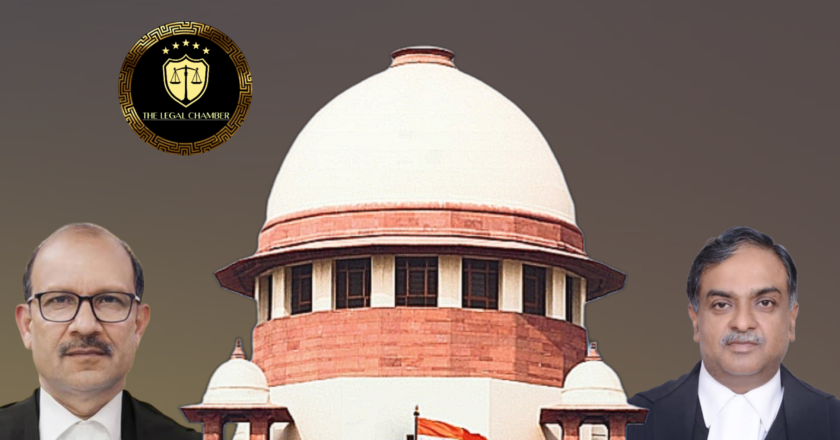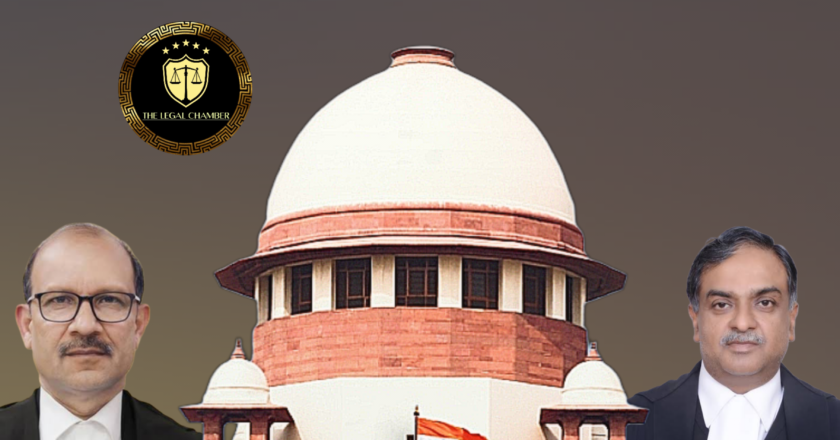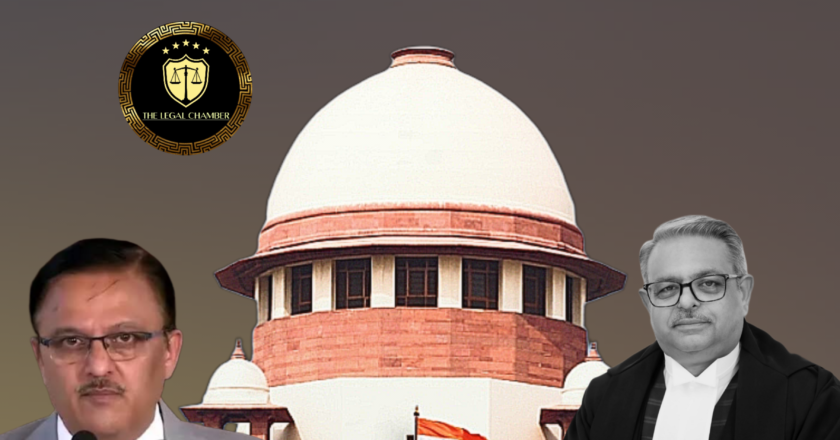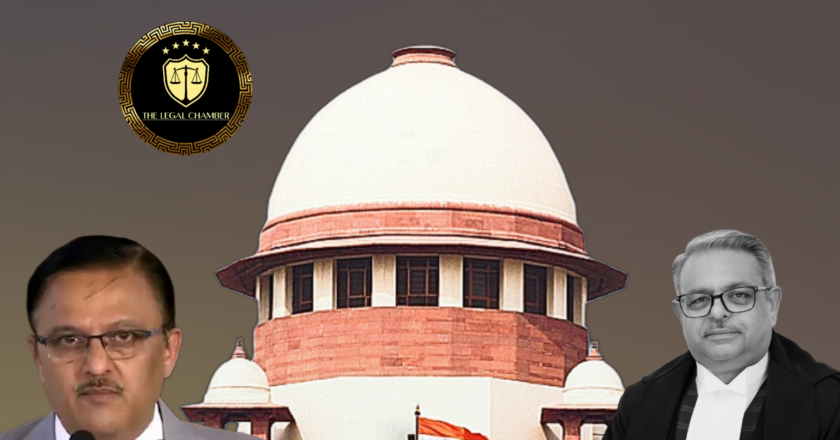Husband’s Income vs Wife’s Rights: Supreme Court’s Decision on Permanent Alimony”
The Supreme Court enhanced the appellant-wife's permanent alimony to ₹50,000 per month with a 5% increase every two years, modifying the High Court's order. The Court held the previous alimony inadequate given the respondent-husband's income and the appellant's need to maintain her standard of living. Financial support for the 26-year-old son was not mandated.
Facts Of The Case:
Rakhi Sadhukhan (appellant-wife) and Raja Sadhukhan (respondent-husband) were married on June 18, 1997, and had a son on August 5, 1998. In July 2008, the respondent-husband filed Matrimonial Suit No. 430 of 2008 seeking divorce on grounds of cruelty. The appellant-wife then filed Misc. Case No. 155 of 2008 for interim maintenance, and the Trial Court awarded her ₹8,000 per month and ₹10,000 for litigation expens...









